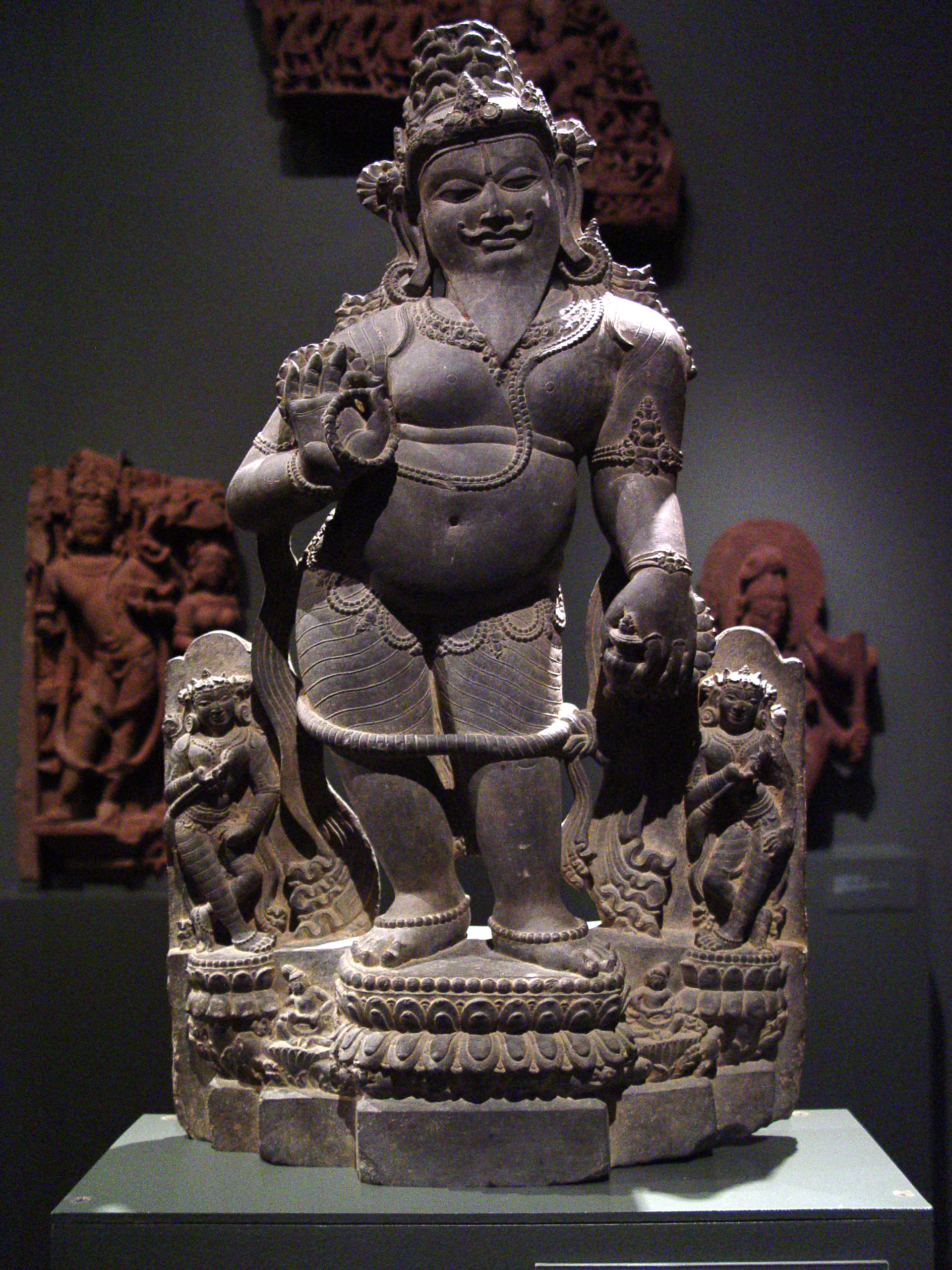|
Tamil Onomatopoeia
Tamil onomatopoeia refers to the Tamil language words that phonetically imitates, resembles or suggests the source of the sound that it describes. The rules of Tamil onomatopoeia are laid down in the grammar book Tolkāppiyam from Sangam literature The Sangam literature (Tamil: சங்க இலக்கியம், ''caṅka ilakkiyam'';) historically known as 'the poetry of the noble ones' (Tamil: சான்றோர் செய்யுள், ''Cāṉṟōr ceyyuḷ'') connotes .... Types There are two types of onomatopoeia described in Tamil namely, இரட்டைக் கிளவி ("irattai k-kilavi") and அடுக்குத் தொடர் ("atukku th-thodar"). ("irattai k-kilavi") Irattai kilavi consists of two words paired with one another which does not give a stand alone meaning when separated (an example is 'துறுதுறு' in 'துறுதுறு என்ற விழிகள்'). In the second book of Tolkāppiyam, the fir ... [...More Info...] [...Related Items...] OR: [Wikipedia] [Google] [Baidu] |
Tamil Language
Tamil (; ' , ) is a Dravidian language natively spoken by the Tamil people of South Asia. Tamil is an official language of the Indian state of Tamil Nadu, the sovereign nations of Sri Lanka and Singapore, and the Indian territory of Puducherry. Tamil is also spoken by significant minorities in the four other South Indian states of Kerala, Karnataka, Andhra Pradesh and Telangana, and the Union Territory of the Andaman and Nicobar Islands. It is also spoken by the Tamil diaspora found in many countries, including Malaysia, Myanmar, South Africa, United Kingdom, United States, Canada, Australia and Mauritius. Tamil is also natively spoken by Sri Lankan Moors. One of 22 scheduled languages in the Constitution of India, Tamil was the first to be classified as a classical language of India. Tamil is one of the longest-surviving classical languages of India.. "Tamil is one of the two longest-surviving classical languages in India" (p. 7). A. K. Ramanujan described it as "the on ... [...More Info...] [...Related Items...] OR: [Wikipedia] [Google] [Baidu] |
Tolkāppiyam
''Tolkāppiyam'', also romanised as ''Tholkaappiyam'' ( ta, தொல்காப்பியம், ''lit.'' "ancient poem"), is the most ancient extant Tamil grammar text and the oldest extant long work of Tamil literature. The surviving manuscripts of the ''Tolkappiyam'' consists of three books (''atikaram''), each with nine chapters (''iyal''), with a cumulative total of 1,610 (483+463+664) ''sutras'' in the ''nūṛpā'' meter. It is a comprehensive text on grammar, and includes ''sutras'' on orthography, phonology, etymology, morphology, semantics, prosody, sentence structure and the significance of context in language. The ''Tolkappiyam'' is difficult to date. Some in the Tamil tradition place the text in the mythical second sangam, variously in 1st millennium BCE or earlier. Scholars place the text much later and believe the text evolved and expanded over a period of time. According to Nadarajah Devapoopathy the earliest layer of the ''Tolkappiyam'' was likely composed be ... [...More Info...] [...Related Items...] OR: [Wikipedia] [Google] [Baidu] |
Sangam Literature
The Sangam literature (Tamil: சங்க இலக்கியம், ''caṅka ilakkiyam'';) historically known as 'the poetry of the noble ones' (Tamil: சான்றோர் செய்யுள், ''Cāṉṟōr ceyyuḷ'') connotes the ancient Tamil literature and is the earliest known literature of South India. The Tamil tradition and legends link it to three literary gatherings around Madurai and Kapāṭapuram ( Pandyan capitals): the first over 4,440 years, the second over 3,700 years, and the third over 1,850 years before the start of the common era. Scholars consider this Tamil tradition-based chronology as ahistorical and mythical. Most scholars suggest the historical Sangam literature era spanned from c. 300 BCE to 300 CE, while others variously place this early classical Tamil literature period a bit later and more narrowly but all before 300 CE. According to Kamil Zvelebil – a Tamil literature and history scholar, the most acceptable range for the Sangam l ... [...More Info...] [...Related Items...] OR: [Wikipedia] [Google] [Baidu] |

